A new policy review of research on teen risk-taking finds that despite stereotypes to the contrary, the evidence does not support the notion of the out-of-control teenage brain.


A new policy review of research on teen risk-taking finds that despite stereotypes to the contrary, the evidence does not support the notion of the out-of-control teenage brain.

Freedom of speech must be protected even as governments and industries seek to reduce hate speech and disinformation, the Transatlantic High-Level Working Group on Content Moderation and Freedom of Expression (TWG) said following the group’s initial meeting.

The new Transatlantic Working Group aims to address harmful content online -- hate speech, violent extremism, and viral deception -- while protecting freedom of speech and preserving a vibrant global internet.
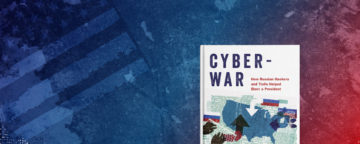
Kathleen Hall Jamieson’s book “Cyberwar: How Russian Hackers and Trolls Helped Elect a President,” published by Oxford University Press, won the R.R. Hawkins Award from the Association of American Publishers.

In a pilot study, APPC researchers found that the American TV show "Jane the Virgin" features more risk behavior and less healthy behavior than the Spanish-language telenovela it was adapted from, "Juana la Virgen."
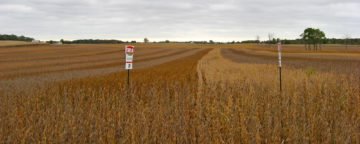
When a critic turns believer, can the story of that conversion sway others? A new Annenberg Public Policy Center study examines the effect on public attitudes of a "conversion message" about the use of genetically modified foods.
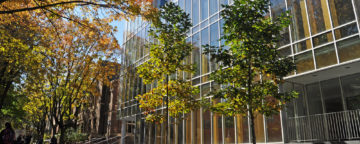
The Annenberg Public Policy Center celebrated its 25th anniversary and its project FactCheck.org celebrated its 15th anniversary with a luncheon in November.
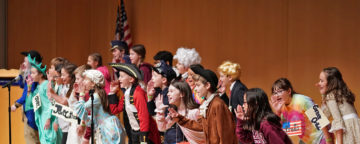
For this year's Citizenship Challenge essay competition, the Rendell Center for Civics and Civic Education asked 4th and 5th grade students in Philadelphia why the First Amendment was important to them

Despite the fact that the holiday season has some of the lowest average daily suicide rates, some journalists continue to inadvertently perpetuate the holiday-suicide myth.
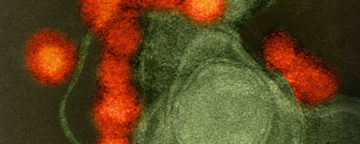
A series of papers originally presented as works-in-progress at a Zika communication summit at APPC in March 2017 were published in a special issue of Risk Analysis on “Communicating About Zika,” aimed at providing theoretical and practical insights.